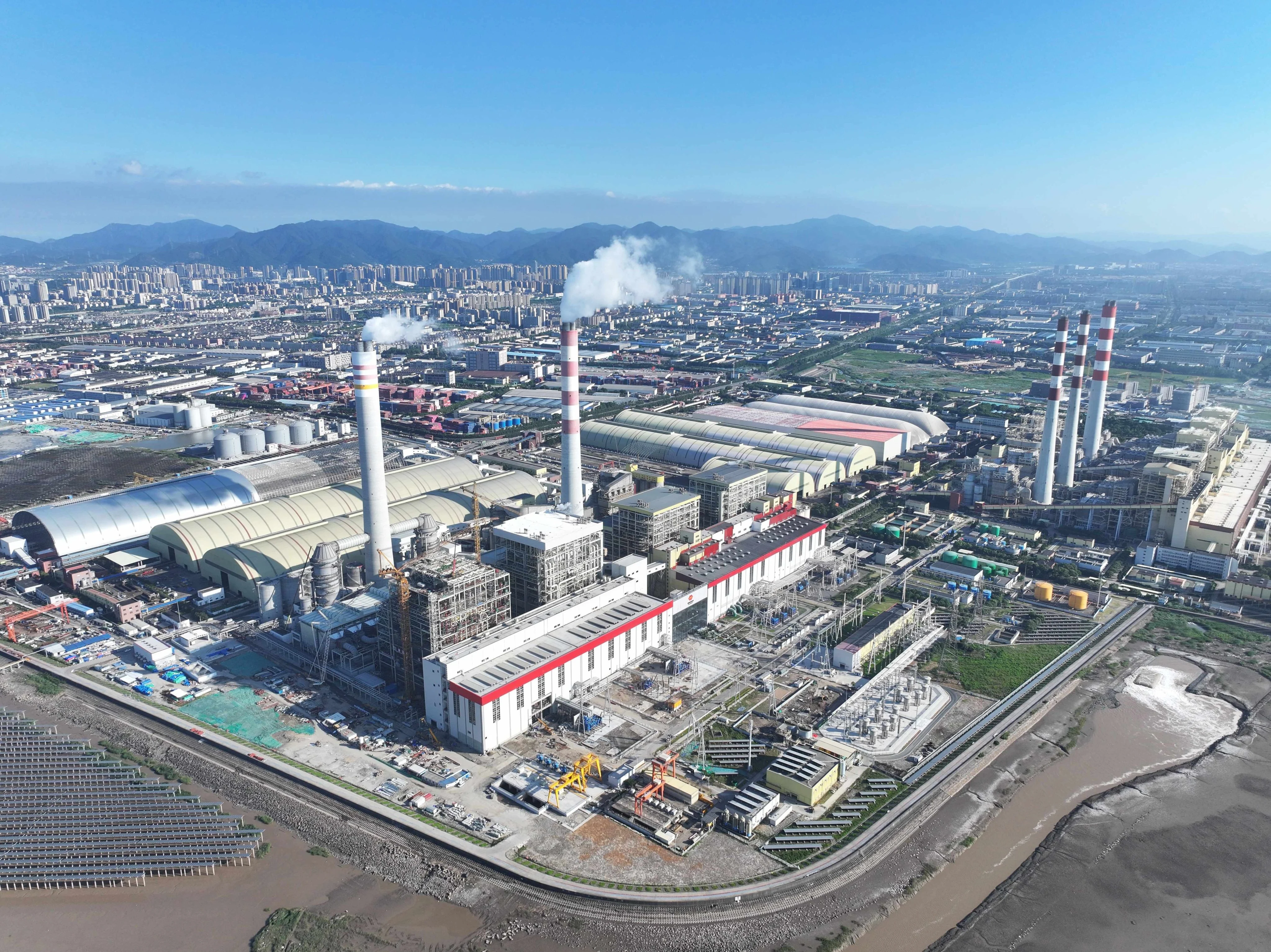Copyright scmp

China’s energy industry has passed a new milestone, with the expansion of the Yangtze River Delta’s Beilun Power Station making it the largest thermal power station in the country by installed capacity. The plant’s one gigawatt coal-fired Unit Nine has commenced operation after a 168-hour full-load trial, state-owned China Energy Investment Corporation announced on Monday. That raised the total installed capacity of the power station, in Ningbo, Zhejiang province, to 7.34GW – surpassing the 6.72GW of the Tuoketuo Power Station in Hohhot, in the Inner Mongolia autonomous region. While China has rapidly developed its wind and solar power capacity in recent years to meet peak carbon and carbon neutrality goals, thermal power remains a critical stabilising force in the meantime. Coal consumption rose slightly in China last year as demand for energy also rose, but its proportion in total energy consumption has been slowly declining. Coal accounted for 53.2 per cent of China’s total energy consumption last year, a decrease of 1.6 percentage points from 2023, according to data from the National Bureau of Statistics. Clean energy – including natural gas, hydro, nuclear, wind and solar power – accounted for 28.6 per cent of total consumption, up by 2.2 percentage points. China’s 15th five-year plan, beginning next year, will make strengthening the new energy sector a priority, with Beijing vowing to continuously increase the country’s reliance on renewable energy supplies while promoting the safe and orderly replacement of energy derived from fossil fuels. “Efforts will be made from both the supply and demand sides to significantly enhance the flexible adjustment capabilities of the energy system,” Xing Yiteng, deputy director of the National Energy Administration’s development planning department, told a news conference in Beijing on Friday. He said they would include promoting the upgrading of next-generation coal-fired power plants and accelerating the large-scale development of virtual power plants – networks of distributed energy resources. Units nine and eight at Beilun use cutting-edge technology to reduce coal consumption in electricity generation, consuming just 257.24 grams (9.07 ounces) per kilowatt-hour and setting an energy efficiency benchmark for similar units, state broadcaster China Central Television reported. Unit Eight, the first phase of Beilun’s expansion project, began operation in July. With the capacity to generate around 176 gigawatt-hours of electricity a day when all nine units run at full load, the Beilun Power Station can meet the daily electricity needs of more than 20 million households. It is expected to generate over 40,000GWh of electricity a year.



